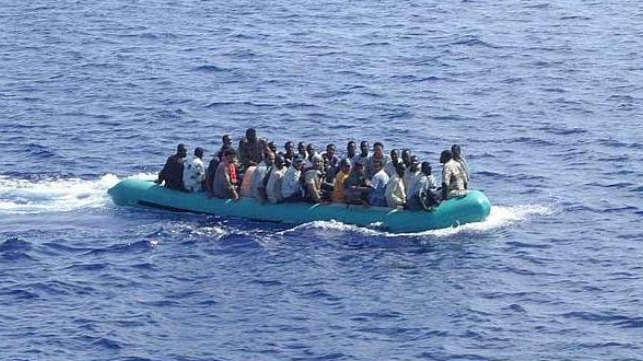 File image
File image
By The Maritime Executive 05-31-2020 11:24:34
Malta is one of the closest parts of the EU to Libyan shores, making it one of the Mediterranean’s leading destinations for maritime migrants and good samaritan vessels. However, it has limited resources compared to its EU neighbors, and like others, it has closed its ports to migrant arrivals due to the COVID-19 pandemic. “Malta is simply not in a de facto position, at present, to ensure a safe place on Maltese territory to any persons rescued at sea,” said Maltese Prime Minister Robert Abela in a recent statement.
The formal port closure has not stopped the flow of migration, though, and Maltese authorities have discovered a synergistic solution: housing migrants on idled tourist cruise boats. With global travel and tourism restrictions in place, most cruise and tour vessels are laid up; Maltese authorities made arrangements to charter three smaller harbor-cruise vessels to accommodate new arrivals.
Malta Today reports that the first vessel chartered, the Europa II, is anchored just outside of Malta’s territorial seas. Two more have been chartered since, and the total number of migrants held aboard is now in the range of 300 individuals. Maltese officials are calling on other EU nations to accept delivery of the new arrivals for permanent relocation.
In Sicily, immigration officials have chartered a much larger vessel – the ro/pax cruise ferry Moby Zaza – as a quarantine center for maritime migrants arriving via Lampedusa and Agrigento. On May 19, a Tunisian national drowned after jumping over the side of the Zaza in an apparent attempt to escape quarantine.
Human rights allegations
The Council of Europe’s Human Rights Commissioner, Dunja Mijatovic, has raised concerns about allegations that Maltese authorities may have taken too long to respond to distress calls or to take measures to divert migrants out of the Maltese rescue zone. In a letter, Mijatovic reminded Malta of its “obligation under international maritime and human rights law to ensure that its authorities respond effectively and urgently to any situation of distress at sea of which they become aware.”
Mijatovic also noted that for purposes of international law, returning migrants to Libya (or arranging for third parties to facilitate such a return) is not an option. Malta has allegedly instructed at least one merchant vessel to transfer rescuees to the Libyan Navy, resulting in their return to Libyan detention centers.
source: www.maritime-executive.com


